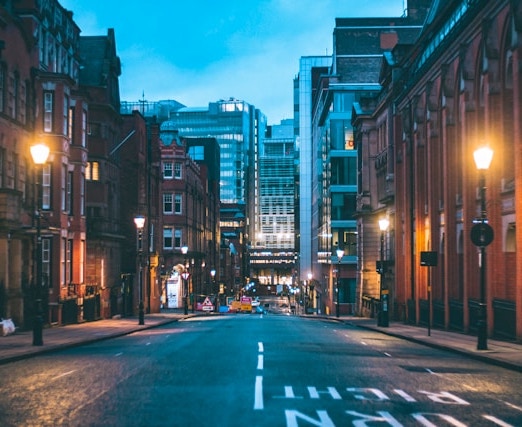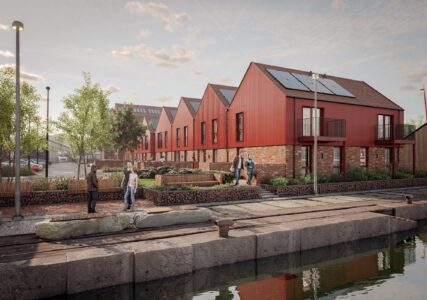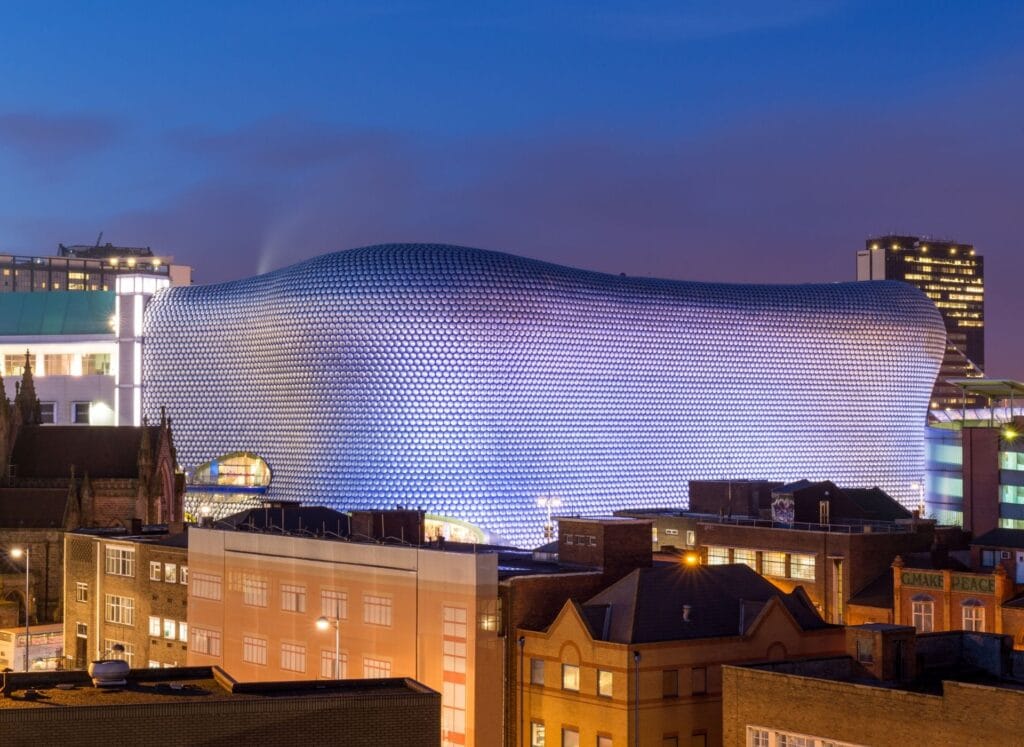The rise of eco-conscious residences in Birmingham reflects a significant shift towards green living spaces, driven by an increasing awareness of environmental issues and a growing demand for sustainable living options. Birmingham, as one of the UK’s largest and most dynamic cities, is at the forefront of this movement, integrating eco-conscious principles into its urban development plans. This shift not only caters to the ecological aspirations of its residents but also aligns with global efforts to combat climate change by reducing carbon footprints and promoting sustainable practices.
The Drive for Sustainability in Birmingham
Birmingham’s growth in green living spaces is underpinned by a comprehensive approach that includes the development of eco-friendly residential buildings, the revitalisation of public spaces with greenery, and the enhancement of the city’s overall sustainability. This involves the incorporation of advanced building technologies, energy-efficient designs, and the use of sustainable materials that minimise environmental impact. Developments are increasingly featuring amenities such as green roofs, solar panels, and systems for rainwater harvesting, all aimed at reducing the buildings’ operational carbon emissions.
Eco-conscious Developments
A number of standout developments in Birmingham exemplify the city’s commitment to eco-conscious living. These residences are designed to provide a sustainable living environment and foster a sense of community and well-being among their inhabitants. Features such as shared green spaces, electric vehicle charging stations, and bicycle storage facilities encourage a lifestyle that is both environmentally friendly and health-conscious.
Impact on the Local Environment and Community
According to TK Property Group, the proliferation of green living spaces in Birmingham has a multifaceted impact. Environmentally, it contributes to the reduction of urban heat islands, improves air quality, and promotes biodiversity within the cityscape. Socially, these spaces are designed to enhance the quality of life for residents, offering tranquil and healthy environments that encourage outdoor activities and community interaction.
Challenges and Future Directions
While the momentum for eco-conscious residences in Birmingham is strong, the movement faces challenges, including balancing the demand for housing with environmental considerations and ensuring that green living options are accessible to a wide range of residents. Future developments will likely focus on innovating more efficient ways to integrate sustainable technologies and materials, as well as on policies that support the expansion of green spaces within urban planning frameworks.
Features of Eco-conscious Residences by TK Property Group
Several properties developed by TK Property Group in Birmingham are distinguished by key features that reflect the company’s commitment to sustainability:
- Energy Efficiency: Incorporating state-of-the-art insulation, energy-efficient lighting, and smart home technologies to minimise energy use.
- Sustainable Materials: Utilising construction materials that are sourced responsibly and have a lower environmental impact.
- Green Spaces: Designing communal areas that promote biodiversity, with features such as rooftop gardens and green walls to improve air quality and create serene living environments.
- Water Conservation: Implementing systems for rainwater harvesting and water-efficient fixtures to reduce water waste.
Birmingham’s embrace of eco-conscious residences is a testament to the city’s forward-thinking approach to urban development and its commitment to creating a sustainable future for its residents. As the demand for green living spaces continues to grow, Birmingham’s developments set a benchmark for other cities to follow, showcasing the viability of integrating sustainability into the fabric of urban living. The growth of eco-conscious residences in Birmingham contributes to the city’s environmental goals and enhances the well-being of its communities, marking a significant step towards a more sustainable and inclusive urban future.









